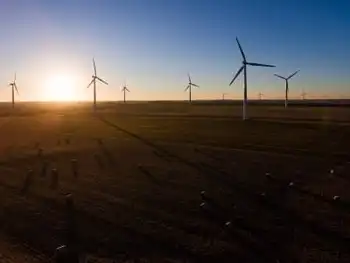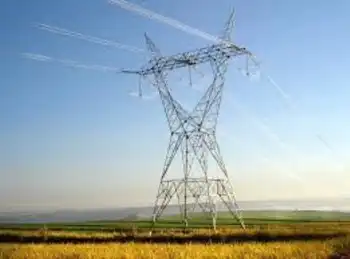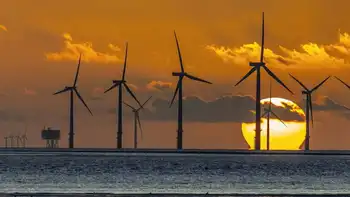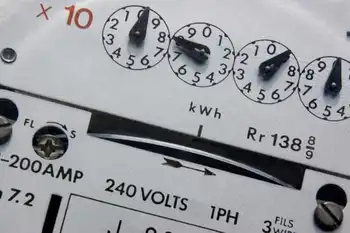Amtrak: No cause yet for power dip
PENNSYLVANIA - Amtrak is still investigating what caused a recent power dip for its trains in the Northeast— a situation that caused the rail service to shut down service in the middle of the evening commute.
The shutdown lasted for more than an hour around 5 p.m. on July 23 and left thousands of commuters from Boston down to Philadelphia, and west out to Harrisburg, Pa., wondering how they were going to get home.
Amtrak said the shutdown was a needed precaution to prevent what happened in May 2006, when a power outage left trains stuck along tracks and in tunnels in the region.
Since then, Amtrak has parked trains at the nearest station whenever power on overhead lines goes below the normal 12,000 volts, as it did Wednesday night, said Amtrak spokesman Cliff Cole.
"To put them out of harms way and into a station is very much more suitable for us and more desirable than having passengers stopped without any power or air conditioning in the middle of nowhere," Cole said.
Cole said the precaution has been taken before, though he wasn't sure how many times.
Power decreased at the same time severe thunderstorms were moving through the region. Cole said Amtrak is still trying to pinpoint the exact cause of the power loss.
Commuter trains in the region need electricity from overhead power lines to run. Since Amtrak is in charge of the major commuter rails in the region, its decision to halt service affected regional commuter lines such as NJ Transit.
In New Jersey, the outage affected the busy Northeast Corridor in and out of New York, as well as NJ Transit's North Jersey Coast Line.
Related News

Two huge wind farms boost investment in America’s heartland
WASHINGTON - Power company MidAmerican Energy recently announced that it has opened two huge wind farms in the US state of Iowa.
The two projects, called Beaver Creek and Prairie, total 169 turbines and have a combined capacity of 338 megawatts (MW), enough to meet the annual electricity needs of 140,000 homes in the state.
“We’re committed to providing reliable service and outstanding value to our customers, and wind energy accomplishes both,” said Mike Fehr, vice president of resource development at MidAmerican. “Wind energy is good for our customers, and it’s an abundant, renewable resource that also energizes the economy.”
The wind farms…




